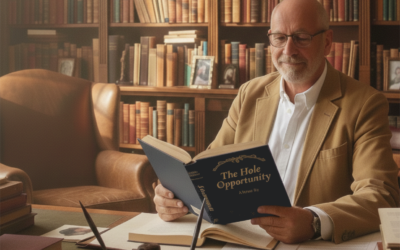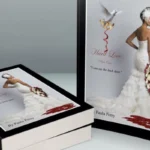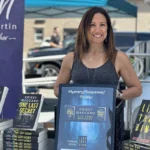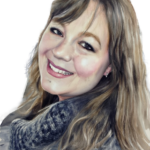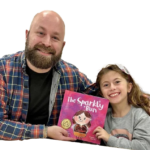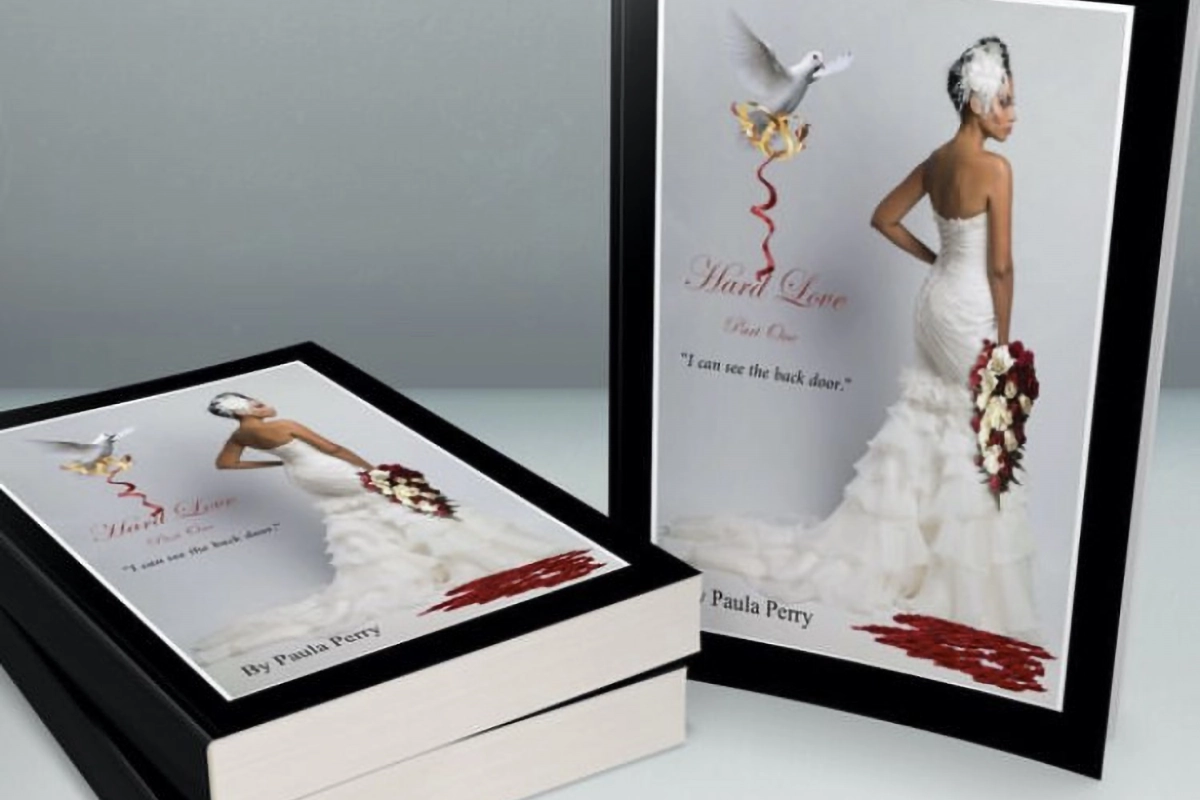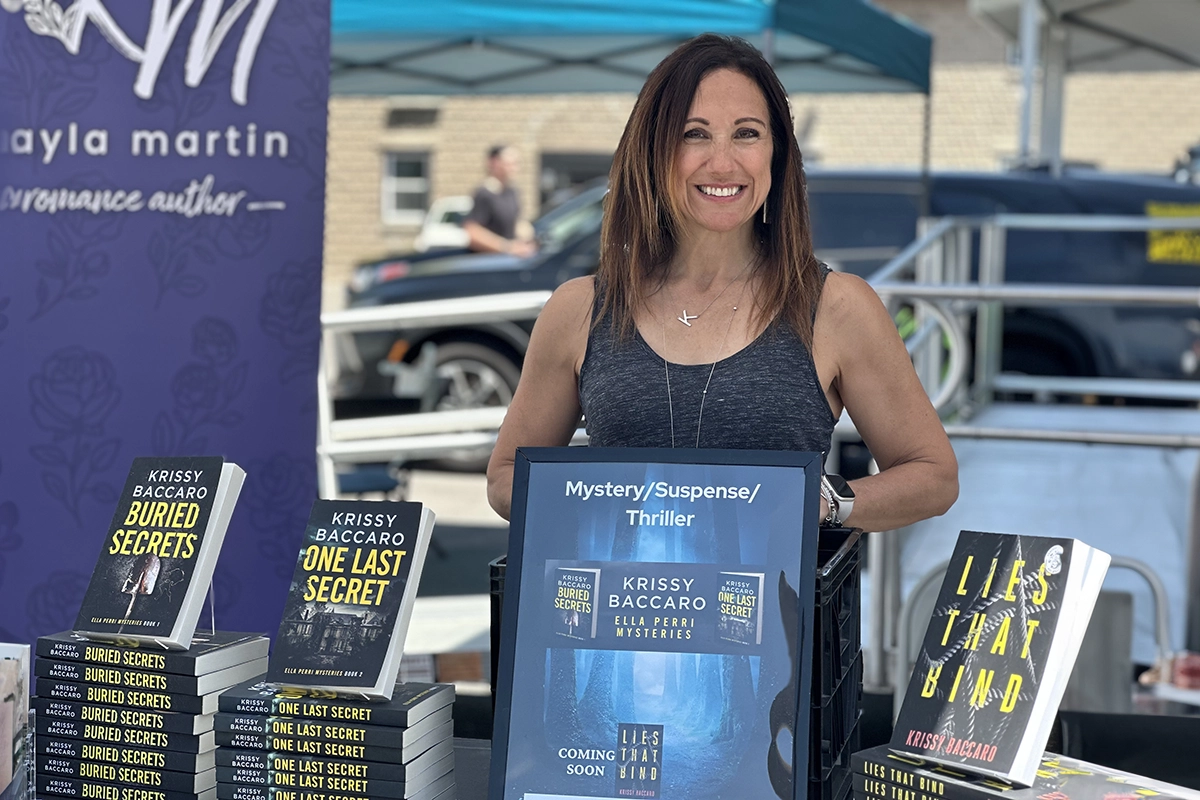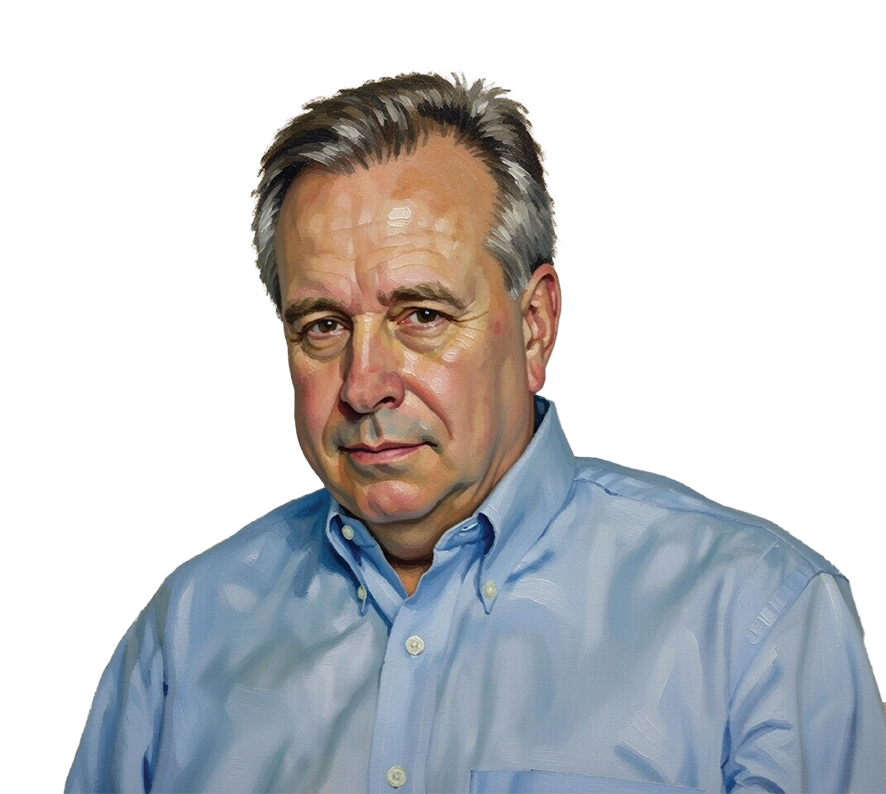Lisa Lachapelle Inspires Readers Through Spiritual Storytelling and Genre-Defying Creativity
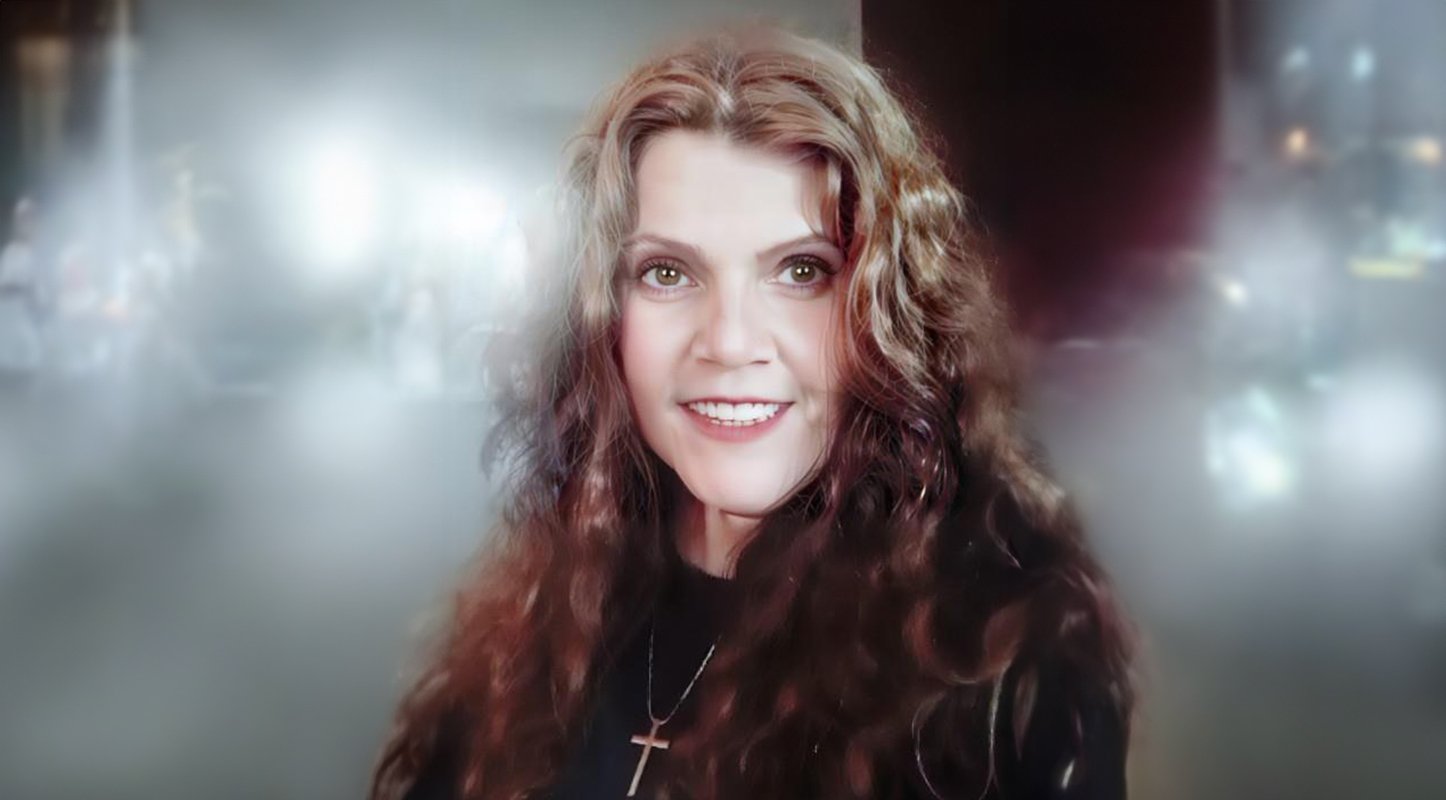
Photo: Lisa Lachapelle, award-winning author, spiritualist, and poet, crafts transformative stories that uplift, inspire, and connect deeply with readers.
Exploring The Creative Process Of A Spiritualist Author
Lisa Lachapelle delves into her unique creative process, blending spirituality and storytelling, offers advice for emerging writers, and explores how her transformative works inspire profound emotions and personal growth.
Lisa Lachapelle is a force of literary artistry, spirituality, and profound human insight. Her work transcends genres and boundaries, seamlessly blending the metaphysical with everyday experiences to craft narratives that resonate deeply with readers. From her award-winning poetry collection Ten Years of Bliss, A Collection of 300 Poems, to genre-defying titles such as Small Tales and Visits to Heaven XI Edition and Alien Love Stories, Lachapelle’s dedication to storytelling is driven by her aspiration to uplift, transform, and connect. With a career spanning ten published books across literary fiction, short stories, and poetry, each piece she writes invites readers into an extraordinary journey of emotion, understanding, and spiritual awakening.
At Mosaic Digest, we celebrate authors who challenge conventions and leave a meaningful impact through their craft. Lisa Lachapelle’s work stands as a testament to the power of creativity and faith, a luminous example of how art and introspection can inspire personal growth in those who encounter it. Her boundless curiosity, spiritual guidance, and dynamic storytelling leave her readers feeling as if they have touched something divine, a testament to the magic she weaves with every word.
It was an absolute privilege to interview someone so deeply passionate and prolific, whose pen appears not only as a tool of expression but as an instrument of healing and connection. In this interview, Lachapelle shares insights into her process, her inspirations, and the profound spirituality that imbues every page she writes. Her words offer an enriching glimpse into the life and mind of an artist whose work transcends the ordinary to explore the extraordinary.
Your work spans poetry, short fiction, spiritual narratives and more. How do you decide which form — poem, novella, story — a given idea should take?
I start with a theme and use real life to reflect off of. The other works come together differently. The novels and short stories begin with an idea, a construct, the thought: I want to tell a story that is about love, or that is about a spirit, or about human nature. Or something spontaneously happens, maybe it’s something I observed, or a conversation. Then I just create around that. I try to impart a message to give that is usually spiritual. With poems I just centre myself and it’s there, the creative word flow. It’s like breathing. I write poetry every day. I rarely change any of it. The context is always spiritual for me but the design of it may come out differently. It can evolve as a beautiful symmetry. It depends on the topic but that’s the point. I’m a promoter of peace so if someone can find that within the writing then I did a good thing.
Your website describes your style as one of “stream of consciousness” and you credit influences such as James Joyce. How would you say that approach shapes the way you write and the way readers experience your work?
Streaming really is a natural output. I don’t consider it a type of expression. We do have a higher mind – the point of creating. A higher plane of existence if we consider it as consciousness, a wavelength. It’s like active meditation, where we are centred in peace but are still constructing, and even then it starts as a blank page. I definitely don’t plan the stream of consciousness, I just let it roll. With that writing there is an emphatic point in the midst of it.
A reader had that impression and made that comment about Joyce’s work. I haven’t read James Joyce but I probably should. I am honoured that someone would give such a compliment. To me stream of consciousness is being immersed in your own design.
In a book like Small Tales and Visits to Heaven XI Edition you weave spirituality and narrative. How do you balance the mystical or metaphysical material with the very concrete, human side of characters or voice?
The point of Small Tales and Visits to Heaven was just that, the weaving of mysticism and life in order to explain the experience of a 21st century mystic. The interplay of feeling balanced with logic achieved that. I originally wanted to just write a book about spiritual lessons but then it would be a book for spiritualists only and I really wanted to reach a broader audience. I wanted it to be a book that anyone would be drawn to read and would leave the story feeling that they had learned something worthwhile. The XI version is the first of a series. Giving voice through metaphors was a special avenue for me and fun, it was like glee crafting the stories. Other parts I wanted to sit and cry over. So I had a character for myself instead of writing it first person, that way I could be objective. I don’t know if everyone can relate to the start of the story, where this mystery key is found and an hour later when returning it’s gone. Your space being entered, violated, and you’re home alone and there is no way to prove that. I thought it set the tone of real life fear, then life moved forward and circumstances repeated. The mystery unravelling, the mystical readings…how else could I depict it. I thought, who would believe it if I just told them…so I wrote it.
With titles such as Alien Love Stories and Time Tells No Tale, you move across genre boundaries. How do you tackle genre expectations or conventions — do you deliberately aim to subvert them, or simply follow where the story leads?
I look at it as composing the story using elements that suit it,not how it fits genre. Alien Love Stories was inspired by meeting people and being in awe of their lifestyles and I thought how I would be like an alien if I lived in their world (giggle). In the context of love stories blending personality differences was at the thrust. With Science Fiction I just didn’t want to focus on the structure of ships or intergalactic wars. Dynamics of relationships is just as interesting.Time Tells No Tale was again, based on psychic readings but I had to fictionalize at points to fill in the blanks.
Many authors mention “writer’s block” or creative rut; you’ve produced an impressive volume across different genres. What are your favourite rituals, environments or practices that help keep you writing and productive?
I love meditating, short walks and I pray before I write. I actually can’t stop writing, no blocks.
Your poetry collection Ten Years of Bliss, A Collection of 300 Poems won a Literary Titan Gold Award. Did winning that award change your creative process, your attitude toward writing, or your view of publishing?
Wining the Literary Award gave a sense of achievement. I write the same. Any publishing is good but I am more motivated to find a literary agent to expand on publishing opportunities.
You are described as a “spiritual advisor, author & poet”. How do your spiritual beliefs or experiences feed your creative work — and conversely, how does writing feed your spirituality?
Writing gives spirituality another purpose. Personal journeys are meant to be shared as a point of giving. The spiritual process feeds the work, the experiences in my world were part of the story. Beliefs shape everything of humanistic value, whether writing or not.
The feedback on your site suggests readers feel transformed, or encountering “God for the first time” via your work. How much do you write with the reader’s transformation in mind — or do you simply write for yourself and allow the reader to find their own path?
Transformation was the impetus for all of it. That someone would give that feedback, to me, was the highest regard and I cried when I read that.
In this digital age, authors engage with readers through many platforms, and publishing models keep evolving. How do you see the role of the author changing in the next 5–10 years — and how are you preparing for (or shaping) that evolution?
I think publishing will stay much the same as it is, but with smaller circles widening it will branch out. There needs to be more traditional publishers again because there are so many authors. The Indie movement is exploding and I think that will continue.
For your fellow authors: What single piece of advice would you give to an emerging writer — perhaps someone navigating multiple genres as you have — about sustaining their voice, finding their audience and maintaining their creative authenticity?
Don’t be afraid to try anything new. Start your story in the middle and then adapt it – then your voice evolves with your work. Describe your story and the audience will gravitate to you, and tell everyone.


